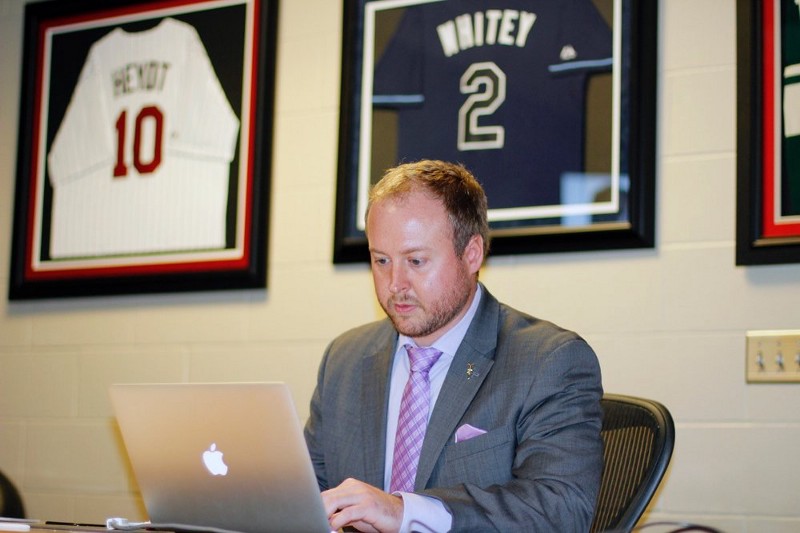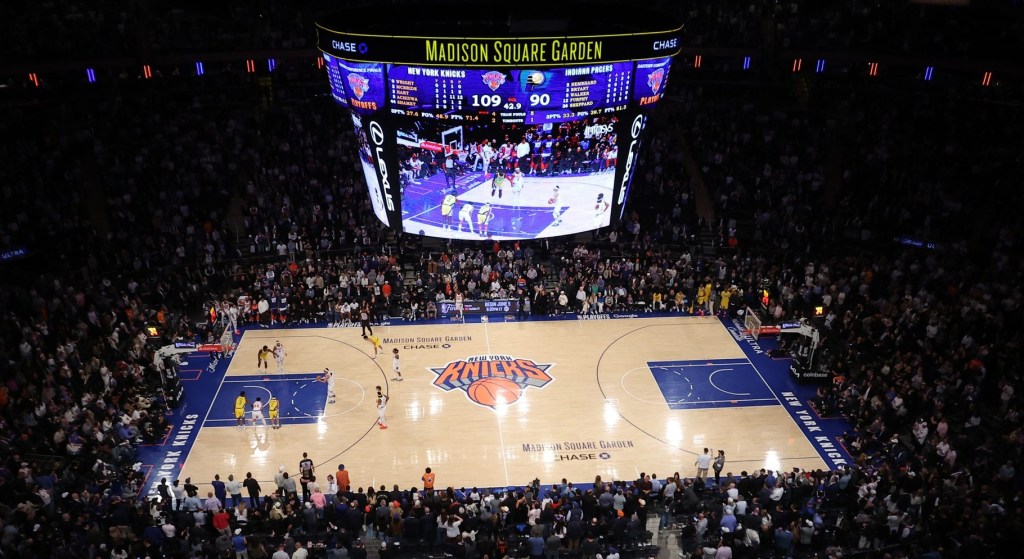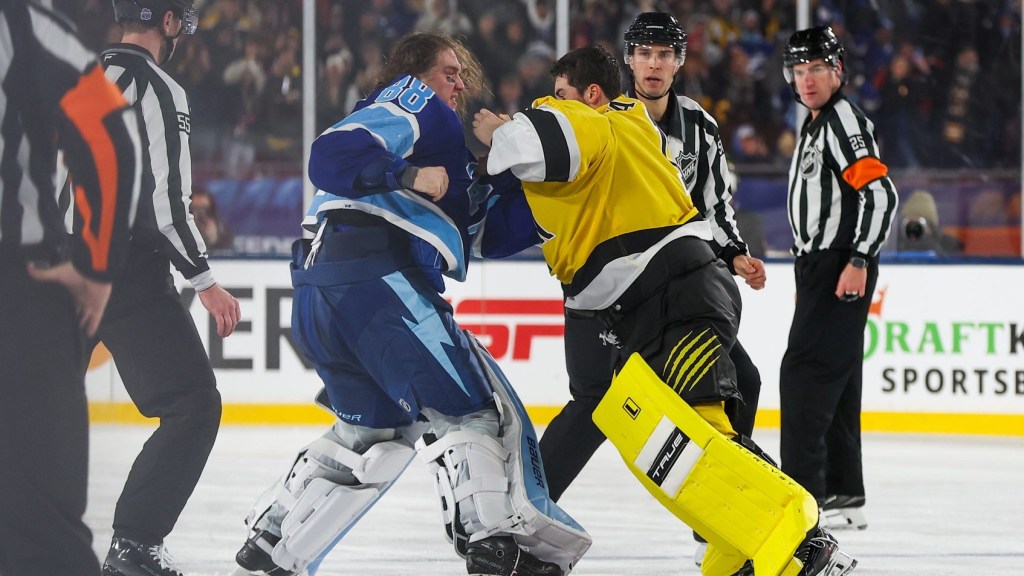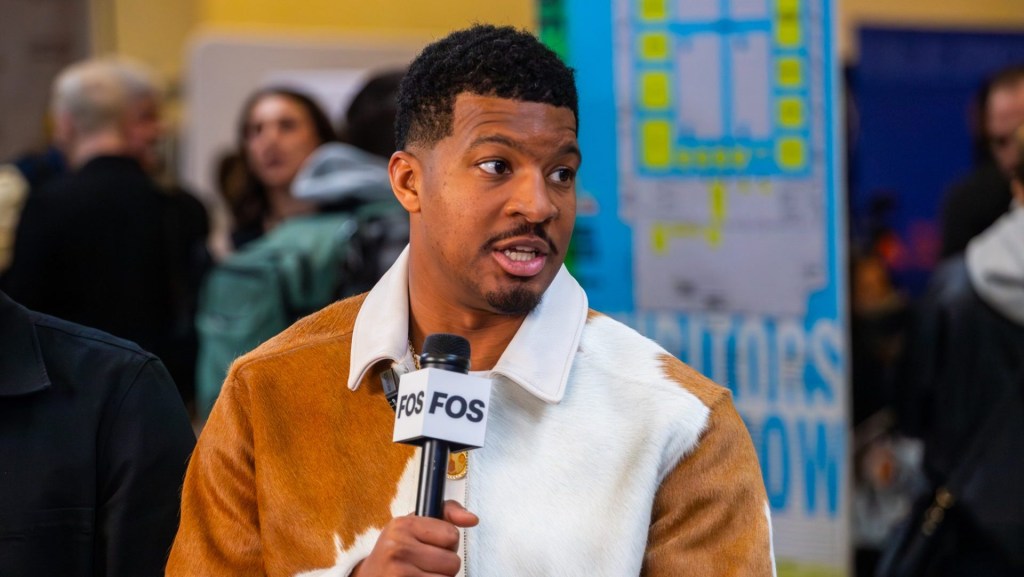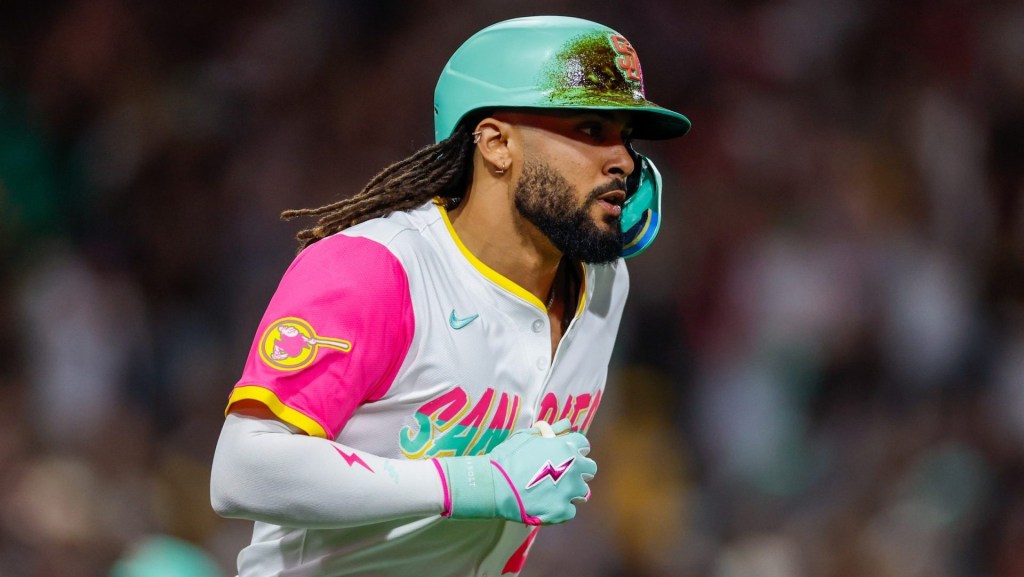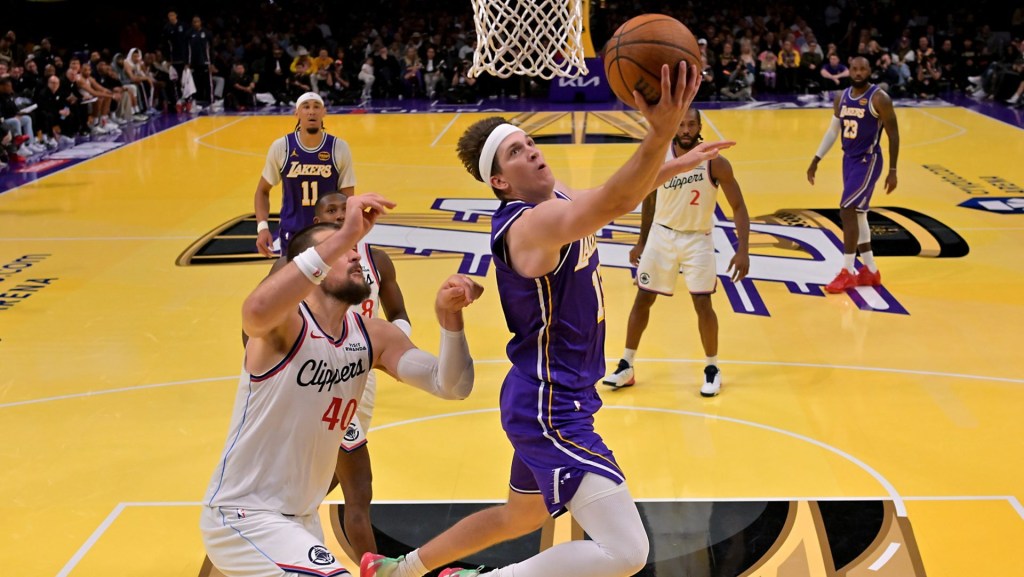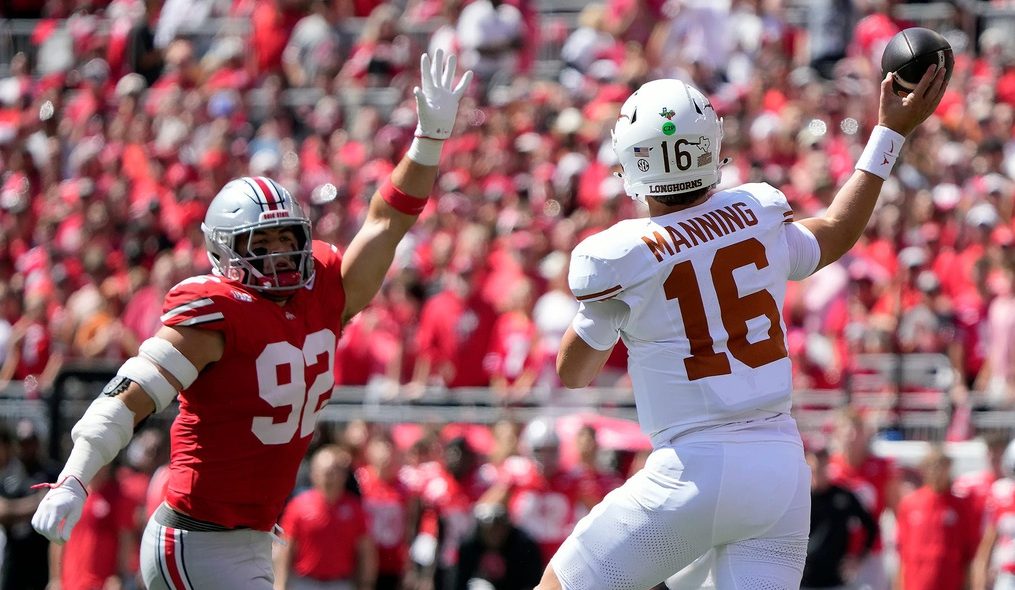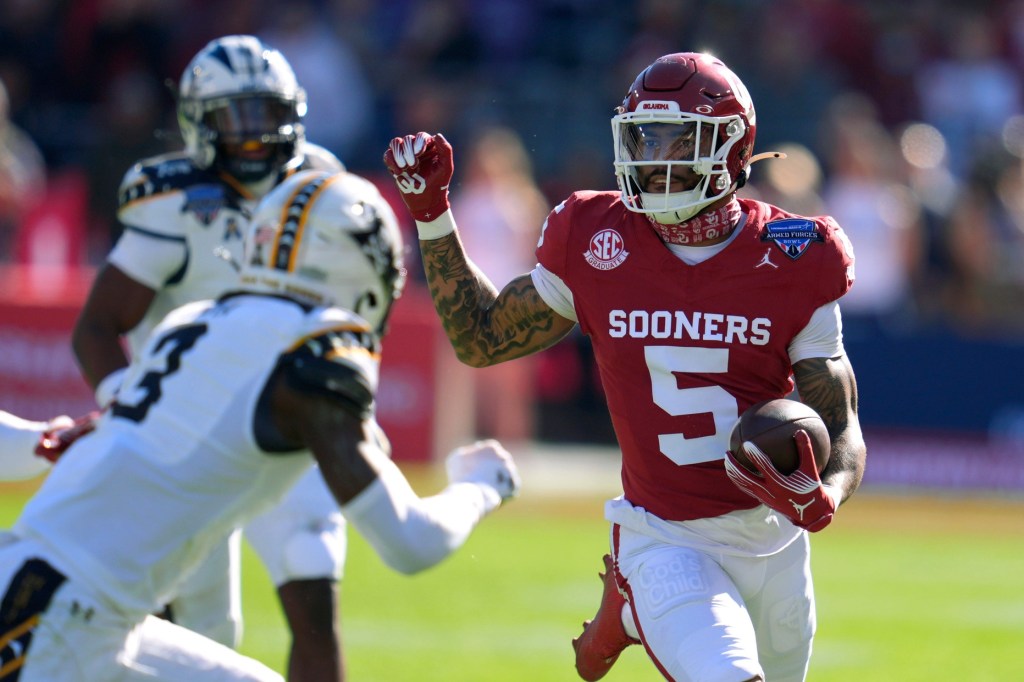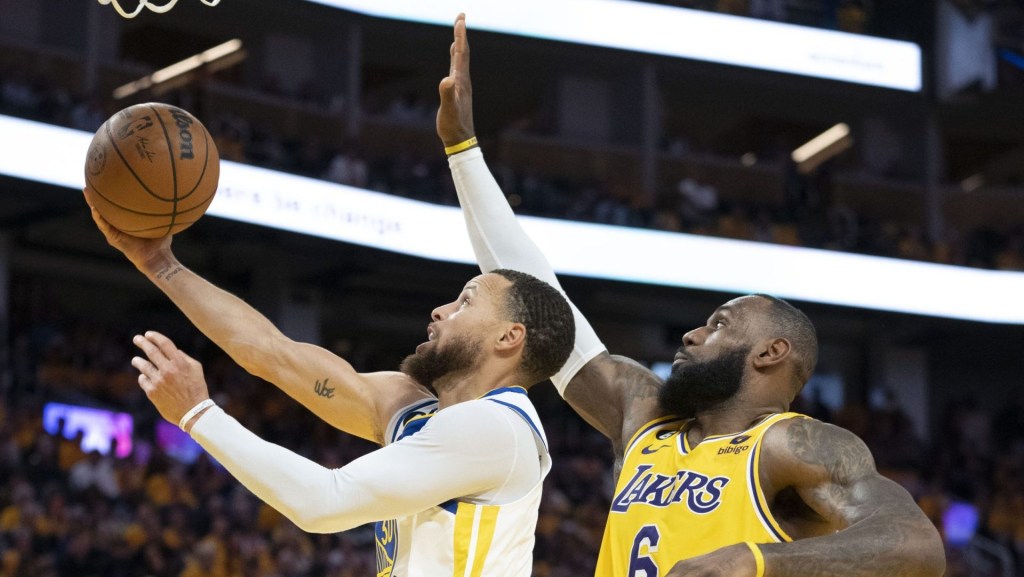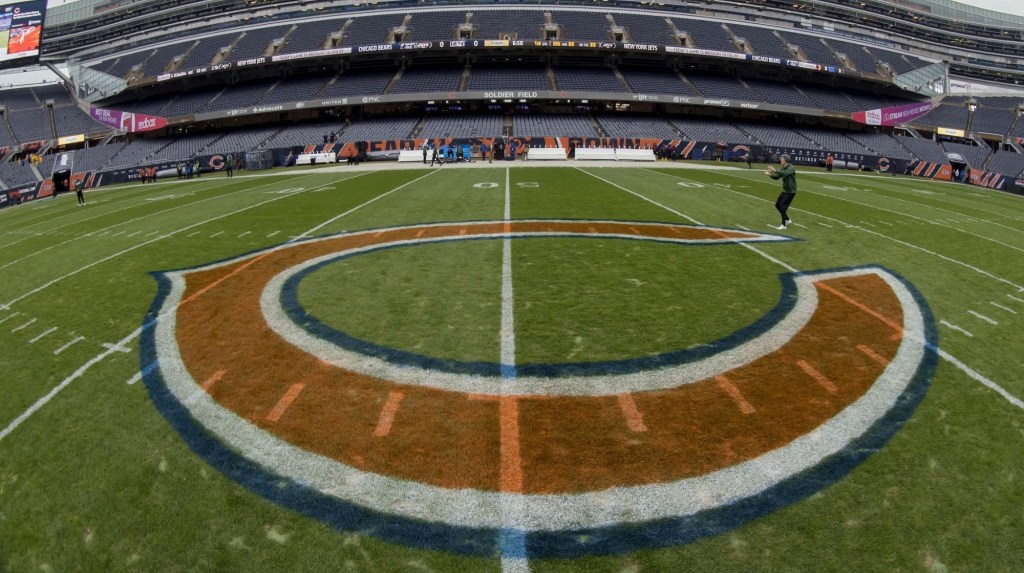This interview is presented to you by the University of Nebraska — Lincoln Master of Arts in Business with a Specialization in Intercollegiate Athletics Administration.
By: Austin Weaver, @AustinTWeaver

Like many freshman moving off to college, Andrew Heydt wasn’t quite sure what he wanted to do as a professional. From multiple degree changes to jobs in baseball communications, Heydt now works for the Minnesota Wild as the Team Operations Manager.
Coming from a small town in Minnesota, Heydt enrolled at Minnesota State-Mankato. It was at Mankato that he found himself studying communications and working in the Mavericks’ athletics department.
“I had no idea that the sports information office even existed when I got to Mankato, but I had done an informational interview with Mankato Alum Brad Gee (Currently Kansas City Chiefs Manager of Communications) who at the time was interning with the Denver Broncos. He suggested I speak with Paul Allan (Associate AD/Communications) who would point me in the right direction. I spoke with Allan and told him I was interested in working in sports and willing to do anything. Allan said they always needed bodies and that I could start the following week. That was truly the start of my career.”
Over the next two years, Heydt would gain valuable experience and earn the respect of his superiors.
“While I was working in the sports information office at school, I had the opportunity to work with a wide range of sports, ranging from Cross Country to Division I Mens’ and Womens’ hockey. I also learned that working in sports is based a lot more on who you know as opposed to what you know. I worked hard and got in well with those that I was looking for. When the Minnesota Vikings came to Allan looking for interns for training camp — which was hosted in Mankato — I was given the opportunity to work with them.”
After a successful internship with the Vikings and graduating in December of 2009, Heydt took the next step on his journey, this time in Major League Baseball with the Minnesota Twins in 2010.

“The Twin Cities is a market that has four major professional sports and some big-time college athletics. Once you start having those types of organizations pop up on your resume, it starts to drive eyes. My experience led to my next stepping stone with the Twins, where I got to be a part of the opening of Target Field, Joe Mauer coming off his MVP year and the Twins making the Postseason. I was able to learn a lot from my experience there because I and my fellow interns were getting to work on projects that normally full-time staff members would handle.”
At the conclusion of his internship with the Twins, Heydt did something to continue to separate himself from others pursuing full-time employment. He created a position within the Twins organization.
“One of the things I figured out during my years as an intern was that I had to differentiate myself from others and find ways to expand my role. With that in mind, as my internship with the Twins was ending, I found an area in the marketing department focused on memorabilia and archiving that needed some help and approached my bosses about creating the position, which was eventually approved, and I was able to continue coming to the ballpark every day.”
It didn’t take Heydt long to find that full-time job, a move that saw him go from the snowy winters to the sandy beaches of Florida, where he joined the Tampa Rays in January 2011.
“When I joined the Rays, it was very new to me, as my role wasn’t just baseball communications, but also dealt with the corporate PR for the organization. Working on the business side taught me the inner-workings of an organization, which I use to this day.”

Even though Heydt was content with his situation in Florida, a call from the Twins to return to Minnesota in a player relations and media service role was enough to bring him back to his home state.
“When I came back to the Twins, I was working in a position that was player relations heavy, where I got to work closely with the players and coaches in the clubhouse.”
Working close to the players led Heydt to make the jump from communications to operations and from baseball to hockey.
“I had become really intrigued with the team travel role within an organization, which made my transition to the Wild a great move for me. I describe my work with the Wild as three pillars — team travel and logistics, player relations and personal concierge. The travel portion consists of chartering planes, scheduling busses, booking hotels, organizing meals, confirming equipment transfers, among other tasks. The travel part of the job is my main responsibility, but just as important is that of player relations. I work alongside our PR staff acting as the interdepartmental for all corporate and marketing Hockey Operation and player needs. The final pillar is the concierge aspect, which means I could be doing anything from booking private flights to making dinner reservations, my job is to take care of everything off the ice so that the players and coaches can worry about taking care of their business on the ice.”

Going from a communications heavy role to managing the day to day operations of the team raises the question, how does one prepare for either of those positions?
“You can’t learn how to do my job in college, it is daily on the job training. I’ve always looked at my internships and even entry-level roles as grad school. No textbook is going to teach you how to respond to a situation. It is not uncommon for me, in a single day, to interact with players, coaches and front office staff; my daily travel contacts; and fans that devote time and resources to supporting the team, so learning how to operate within each group of individuals is something you have to develop.”
Eight years into a professional career in the sports industry has given Heydt perspective on how young professionals are able to find success.
“Working in the sports industry comes down to a couple things, being likeable and reliable. This industry requires working around people all the time. Not only is it important to be likeable, you have to be dependable to get the work done and prove to people that you are capable of doing good work. Find ways to continue expanding your role and learn from every experience and mistake.”
Finally, with insights on what has led to success, Heydt has been involved with making decisions on who is going to be offered internship level positions and noted a few things that might make or break an application.
“There are thousands of people applying for internship positions, many with resumes that look exactly the same. What is the one thing that is going to differentiate your resume and catch the eye of whoever is hiring? That means you have to do anything and everything you can do to gain experience. Not only is the experience important, but attention to detail and how you present yourself on a resume are crucial. If there are misspelled words or it’s formatted in a way that is not readable, you aren’t going to make it past the early rounds.”
